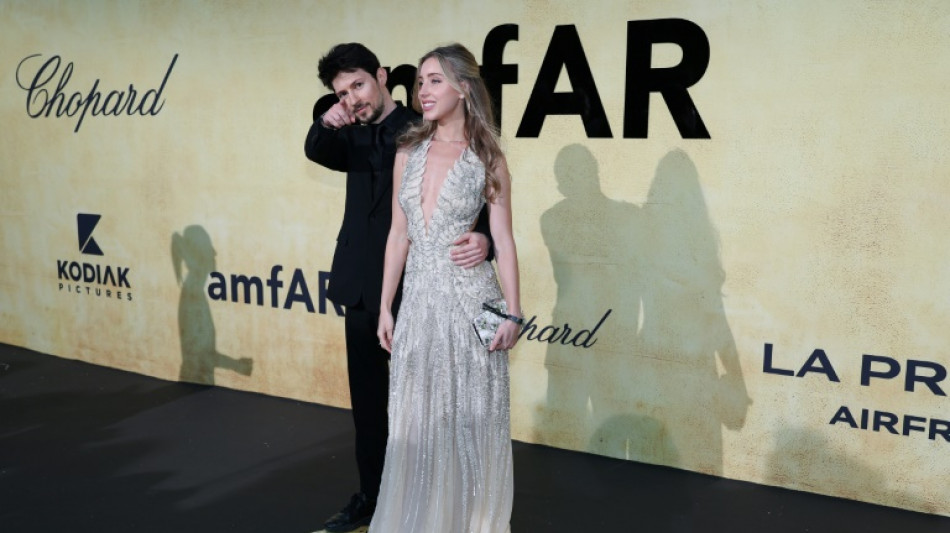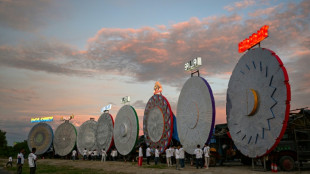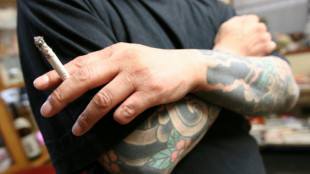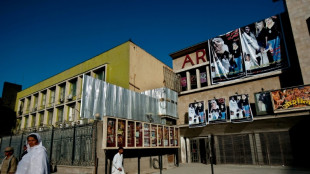
France softens restrictions for Telegram founder Durov: judicial source

Telegram founder Pavel Durov's judicial control has been relaxed, with the Russian-born entrepreneur now allowed to live in Dubai for a maximum of two weeks at a time, a judicial source said on Thursday.
Durov, 40, was sensationally detained in Paris in 2024 and is under formal investigation by French authorities over illegal content on his popular messaging service.
In March, Durov was allowed to leave France for the first time since his arrest and travel to Dubai, where his company is based and his family lives.
According to the judicial source, on Thursday Durov was authorised "to leave metropolitan France for a maximum of 14 consecutive days, subject to informing the investigating judge one week in advance."
The measure, which takes effect from July 10, allows him only to travel to Dubai.
According to the judicial source, his identity documents and passport will be returned to him on that date, while the other obligations of his judicial supervision, including a bail, will remain in place.
"The judicial supervision obligations imposed on Pavel Durov had become unfounded and totally disproportionate, as were the charges brought by the prosecutor," said David-Olivier Kaminski, one of Durov's lawyers.
Durov's recent requests to travel to the United States and Norway have however been denied.
In an interview with Le Point published on Wednesday, Durov said the ban on leaving France affected him "enormously" and denounced the charges against him as "completely absurd."
Durov has been accused of "complicity" in running an online platform that allowed illicit transactions, child sex abuse images and other illegal content, claims he denies.
"I have a newborn son and I am missing the first months of his life," Durov said, adding that his parents had health problems.
"It seems that I am already being punished at this stage by being banned from leaving the country," he said.
Durov also told Le Point that he was "very disappointed" with the policies of President Emmanuel Macron, who granted Durov French citizenship.
"I had high hopes for him," Durov said.
"For a long time, he would send me messages on Telegram about all sorts of things," Durov added.
Durov has recently accused France's foreign intelligence service of seeking to meddle in Romania's election, claims the DGSE has denied.
When he published his allegations, Macron sent him a message, Durov said, adding: "I didn't reply."
E.Nieto--HdM

 London
London

 Manchester
Manchester
 Glasgow
Glasgow
 Dublin
Dublin
 Belfast
Belfast
 Washington
Washington
 Denver
Denver
 Atlanta
Atlanta
 Dallas
Dallas
 Houston Texas
Houston Texas
 New Orleans
New Orleans
 El Paso
El Paso
 Phoenix
Phoenix
 Los Angeles
Los Angeles



